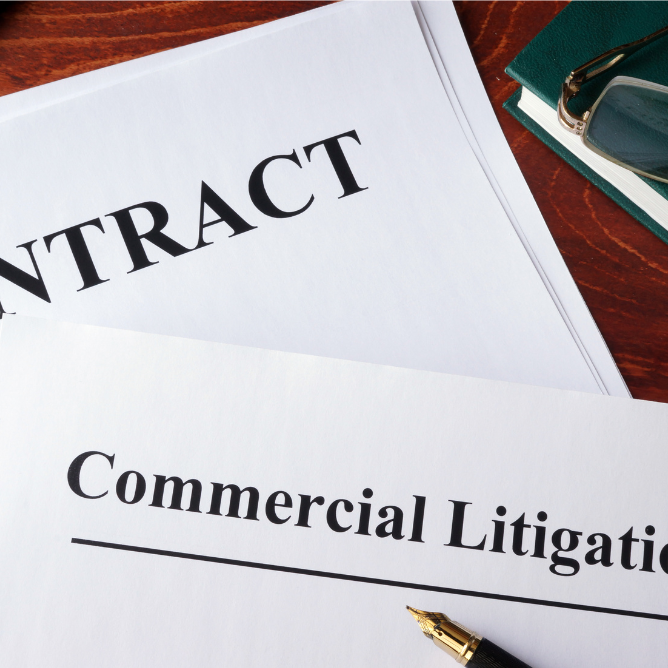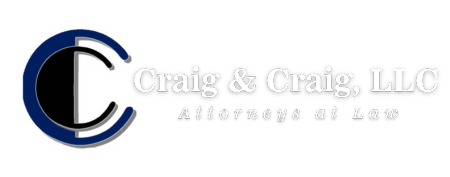Commercial Litigation Lawyers
Commercial Litigation
We apply forward-thinking ideas and solutions to the most challenging legal issues you face, and approach each case with passion and commitment.
From the first steps of the litigation process and right through to the end, we’ll handle everything you need to be in your best shape at trial. We know how complicated litigation can be. From pleadings, affidavits, examinations, motions, mediation, undertakings, refusals, pretrial, and finally, trial.
Commercial litigation refers to the legal process of resolving disputes that arise within the realm of business and commerce. It encompasses a wide range of legal conflicts and disputes that can occur between various entities involved in commercial activities, such as businesses, corporations, individuals, or government agencies. To learn more about Commercial Courts in Indiana follow this link: Office of Court Services
In any case, when it comes to mitigating your company’s potential exposure (or your personal exposure as a result of business-related litigation), acting quickly can be essential to maintaining a position of strength in such a case. Call the experienced team at Craig & Craig to schedule a consultation.

Commercial litigation can involve a multitude of issues, including contract disputes, intellectual property conflicts, employment disputes, shareholder disagreements, and more. Here is a breakdown of some key aspects of commercial litigation:
- Diverse Range of Issues: Commercial litigation encompasses a broad spectrum of issues, including breach of contract, fraud, trade secrets, employment disputes, bankruptcy-related matters, product liability claims, and more. It can also involve disputes over business transactions, mergers and acquisitions, and regulatory compliance.
- Parties Involved: Parties involved in commercial litigation can vary widely. They may include businesses of all sizes, individuals, government agencies, shareholders, creditors, suppliers, customers, and employees. The specific parties involved depend on the nature of the dispute.
- Complexity: Commercial litigation cases are often complex and can involve substantial amounts of documentation and evidence. These cases may require expert testimony, financial analysis, and legal research to navigate successfully.
- Resolution Methods: Disputes in commercial litigation can be resolved through various methods, including negotiation, mediation, arbitration, or litigation in court. The choice of resolution method often depends on the preferences of the parties involved and the nature of the dispute.
- Litigation Process: If a dispute cannot be resolved through negotiation or alternative dispute resolution methods, it may proceed to trial in a court of law. The litigation process typically involves filing legal documents, pre-trial discovery, hearings, trial, and, if necessary, appeals.
- Legal Professionals: Commercial litigation often requires the involvement of skilled legal professionals, such as attorneys who specialize in business or corporate law. These attorneys work to protect their clients' interests, provide legal counsel, and represent them in court as necessary.
- Legal Remedies: The objective of commercial litigation is to seek legal remedies or relief for the party that has suffered harm or incurred losses due to the dispute. These remedies can include monetary damages, injunctions, specific performance of contracts, or declaratory judgments.
- Costs and Timelines: Commercial litigation can be expensive and time-consuming. Legal fees, court costs, and the time it takes to resolve the dispute can vary widely based on the complexity of the case and the willingness of the parties to settle.
In summary, commercial litigation refers to the legal process of resolving disputes related to business and commerce. It involves a wide array of issues, parties, and resolution methods and plays a critical role in maintaining the integrity of commercial transactions and ensuring that businesses can operate within a framework of legal accountability.
If you are faced with one of these issues, you should contact one of the experienced attorneys at Craig & Craig, LLC. Reach out to us today via phone or send us a message using our contact form.

